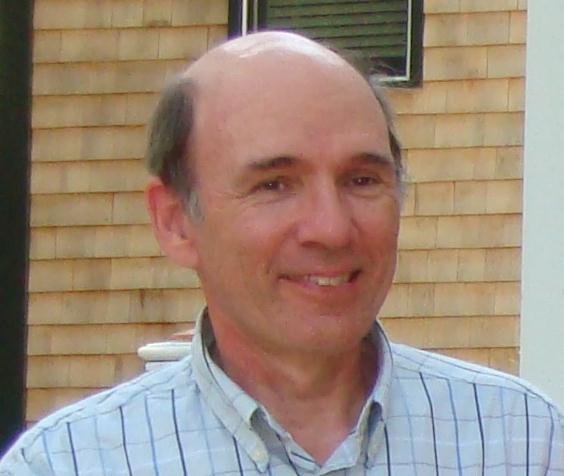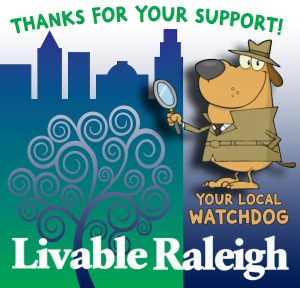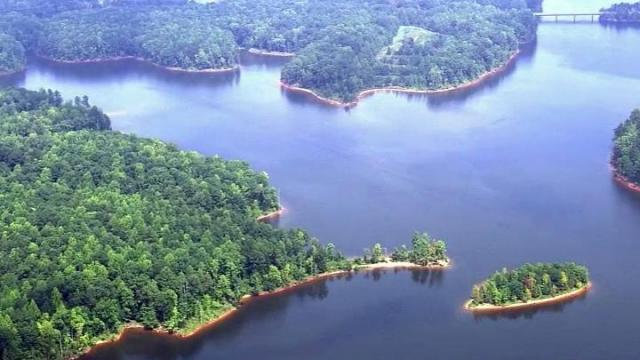
Bob Mulder, former Chair of Raleigh’s Planning Commission and a Raleigh real estate professional, sent the following commentary to Livable Raleigh.
We are publishing it here with his permission.
Falls Lake was created in the 1970s to provide Raleigh’s future water needs. Unable to buy and fence off all the land surrounding the lake (the watershed), the next best thing was to zone that land for very low density residential only; two acres per home in the primary watershed (Wake County’s jurisdiction) and one acre per home in the secondary watershed (Raleigh’s jurisdiction). This has allowed most of the Falls Lake Watershed to remain forested and protected from the kind of erosion that will fill a lakebed with silt and eventually destroy its water supply capability. This is what happened to Lake Raleigh on N.C State’s Centennial Campus (Raleigh’s water supply before Falls Lake was completed).
We are facing the same situation again and this is how: It did not take long for developers and landowners to realize they could increase their land value greatly if they could up-zone from low density residential to higher density uses. They could walk away with a nice profit and leave future generations who depend on Falls Lake for their water to deal with the consequences. The latest such proposal is Z-40-23, which goes before the Raleigh Planning Commission on March 12. The proposal would up-zone 16 acres at 13120 Strickland Road from R-4 (4 units per acre) to R-10 (10 units per acre). This property was originally zoned R-1 (1 unit per acre).
This is a textbook example of density creep that has been nibbling away at the edge of the Falls Lake Watershed. Low impervious surfaces in a watershed (less than 10%) are key to keeping a water supply healthy.
Over the years, there have been many proposals to get around the impervious surface limits in the Falls Lake watershed. Engineered stormwater retention basins are typically used as a strategy for increasing impervious surfaces. Basins are designed to catch, hold and slowly release bursts of stormwater, allowing more impervious surface in other parts of a lot. Sounds good, but each basin is designed for a specific storm strength. If a stronger storm hits (becoming more likely with climate change), the basin will overflow and the water supply may be harmed because of lack of filtering. Scientific studies have shown that nothing is better for a water supply than being surrounded by naturally forested land. Not only does a leaf canopy break up falling raindrops, but leaf litter beneath the trees can hold a lot of rainwater until it soaks into the ground.
While it is especially important to protect our water supply watersheds, we also have to be aware that we here in the City of Raleigh are also in a watershed where water flows into the Neuse River. Municipalities below us draw water out of the Neuse River and we have an obligation to do everything we can to limit any water pollution in our development processes. Not doing so creates a situation where our downstream neighbors are worse off, that we do not bear the cost of doing so is unconscionable. Raleigh is a member of the Upper Neuse River Basin Association, which encompasses seven municipalities, six counties and local soil and water districts. Raleigh is the only entity that draws water from Falls Lake. We rely on the other members of this voluntary organization to help protect our water supply. They watch what we do. We should look after our downstream neighbors and set a good example, so that our upstream neighbors, in turn, will look after us. When it comes to protecting water quality, we have to be both unyielding and uncompromising in our efforts. Clean water is our lifeblood with respect to both our physical and economic health.
Mr. Mulder sent a similar warning to Raleigh’s City Council in 2022, the last time an upzoning request for the watershed was proposed. You can read it here: Our Drinking Water Source MUST be Protected
His current piece has also been published as an op-ed in the News and Observer: This zoning proposal threatens Raleigh’s future water supply
If you appreciate the kind of reporting we bring to you
|
Please donate $10 or $20, Thanks for supporting |
 |

